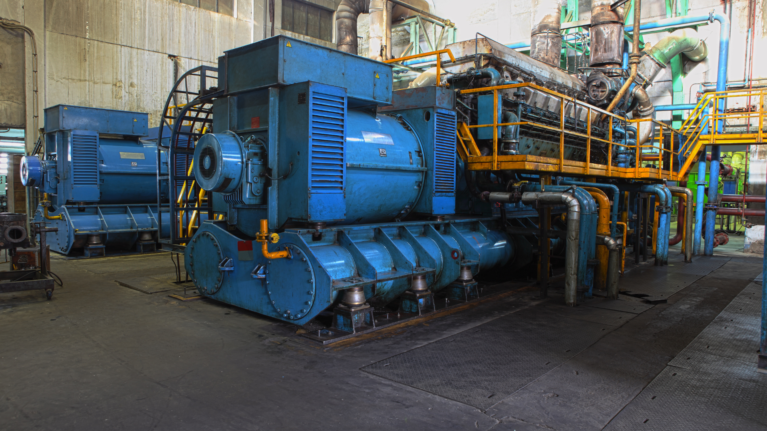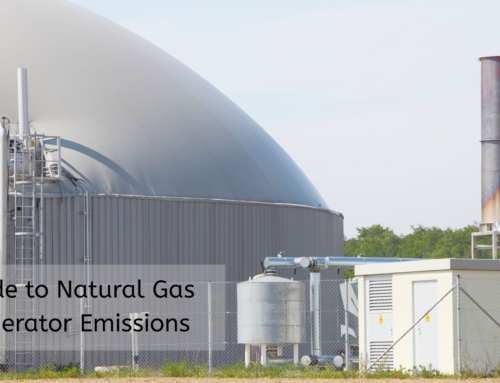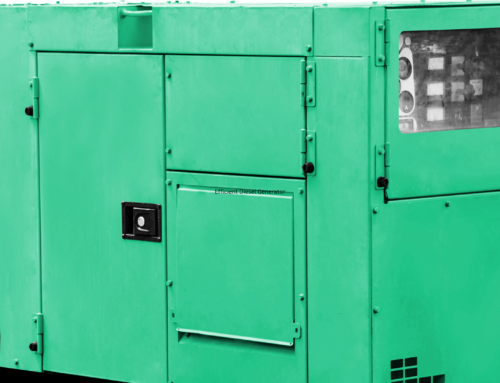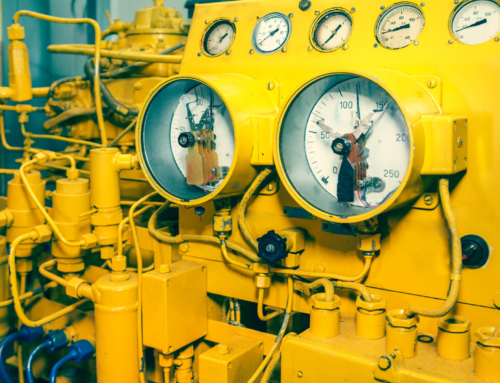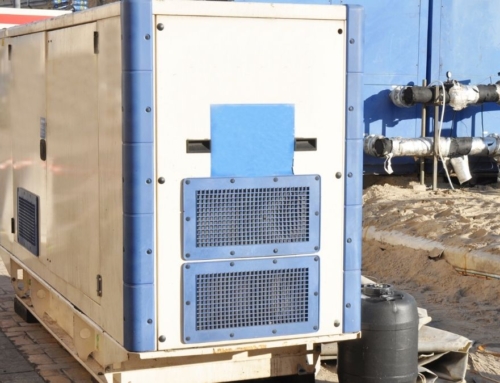Ever wondered how the hum of a diesel generator powers your office during a blackout? It’s a fascinating piece of machinery called a reciprocal engine diesel generator. Its capacity remains unrivaled when it comes to powering on any industrial space. Businesses around the world often choose these diesel generators. This is why the global diesel generator market size was valued at $19.26 billion in 2023, and it is expected to reach $37.03 billion by 2032.
Here below, we’ll resolve all your queries regarding reciprocal engine generators by discussing them in detail:
- How Do We Define Reciprocation in Generators?
- How do Reciprocating Engines Work?
- Benefits of Reciprocal Engine
What is a Reciprocal Diesel Generator?
Reciprocal diesel generators are an alternative to traditional electricity generation that uses systems to produce power and heat. These systems utilize multiple forms of energy, including chemical, mechanical, thermal, and electrical, making them suitable for various applications.
The reciprocal engine is the main component of reciprocal commercial generators. They are also called piston engines. These engines turn pressure into a rotating motion by using one or several up-and-down motions. When the reciprocating engine is fueled by diesel, it is the most cost-effective and dependable option. So, the bottom line is that this engine is the primary aspect that makes the diesel generator work.
How do Reciprocating Engines Work?
The reciprocal engines use the expansion caused by hot gasses to drive the piston within a cylinder. The diesel generator then alters the piston’s movement into a motion to produce power. But how these engines work depends on the kind of engine your machine has. Here are the two types of engines used in a reciprocal diesel generator.
Two-Stroke Reciprocating Combustion Engine
A two-stroke engine includes a cycle of exhaust, intakes, compression, and then power. It is different from the commonly used four-stroke engine. Here, the start of the compression stroke and the end of the power stroke occur at the same time. While the exhaust strokes and the intake also occur together. This mechanism requires only two piston strokes for a cycle to be completed.
Four-Stroke Reciprocating Combustion Engine
The four-stroke cycle is commonly used for power generation. The strokes involved here include power, intake, compression, and exhaust. The intake stroke expands the cylinder’s combustion chamber, which then draws in a mixture of fuel and air. The compression stroke compresses the mix and boosts the energy potential.
Benefits of the Reciprocal Engine
The combustion engine in the reciprocal diesel generator makes a significant difference. Here are some of its benefits:
Ensuring Safety and Reliability
Reciprocating engines have a black-start capability that helps keep the central power grid reliable and safe. The black start is needed when a power plant shuts down for any reason and requires an external power source to restart. The plant cannot rely on the central grid to deliver electricity during a power outage. Instead, the operators turn on the engine generator, which provides the needed electricity.
Improving Grid Efficiency
The reciprocating combustion engines play a vital role in boosting the central power grid’s efficiency. They temporarily generate power to reduce the excessive demand on the group. This allows the operators to eliminate or decrease their dependence on the grid when it is already strained.
Dependability & Scalability
These generators are known for their robustness and reliability. They provide continuous power even in remote locations where grid access may be limited. Moreover, they can be tailored to meet specific energy demands.
Get the Best Reciprocal Diesel Generator to Keep your Business Running
Reciprocal engines are the heart of commercial diesel generators, and they are the last defense that keeps the power going during any outage. They power up very quickly and can go on and off several times. They can also work effectively at high altitudes or temperatures, and they are pretty compact.
Now, if you want a generator that meets your power needs during any situation, then head straight to the Central States Diesel Generators to get the machine you want! But here’s the real kicker: you can get the best deals on their platform on both new and used generators. So, no matter what kind of diesel generator you need, CS diesel generators have it. Avail the best deal now!
Common Questions About Reciprocal Diesel Generators
1. What are the benefits of buying diesel generators?
Generally, diesel generators are incredibly reliable and cost-efficient. This is because diesel is a light-grade oil that reduces friction and wear within the reciprocating engines. Such diesel machines are also simpler to work with due to their unique build.
2. What is a reciprocating diesel engine used for?
A reciprocating diesel engine is incredibly useful for getting power during an outage. A power plant or a factory may not rely on the central grant alone. In that case, such an engine comes in handy at keeping the operations running.
3. Which is better, the four-stroke combustion engine or the two-stroke one?
Both the two-stroke and the four-stroke engines have their highlights. However, the four-stroke one is more commonly used since it is smaller in size and lighter to handle.

